Cost-efficient analysis helps breed disease-resistant fish
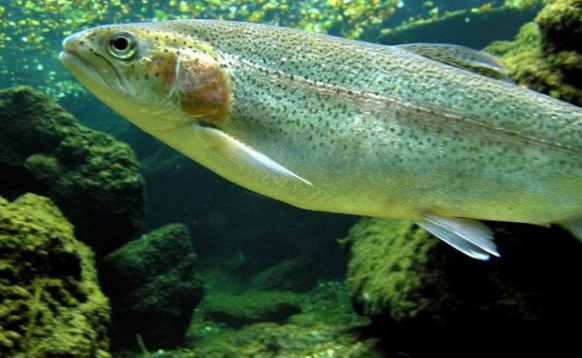
Source: Roslin Institude
A cost-effective method for breeding rainbow trout to be resistant to a common bacterial infection has been developed by scientists from the Roslin Institute, in collaboration with the Natural Resources Institute of Finland. Researchers applied a novel analysis strategy, based on a relatively small number of variations within DNA, to rainbow trout. This enabled the team to identify fish that are naturally resistant to the disease and guide breeding for healthier animals.
The team found that their approach using a relatively low number of variations, or genome markers, was as reliable as outcomes based on large sets of markers. Sidestepping the financial burden of obtaining large sets of markers allows breeders to adopt a cost-effective, yet equally feasible, route to leverage genomic selection for breeding, making it more accessible to small fish producers.
This approach could be extended to target other desirable traits, such as growth rate, resistance to other diseases or tolerance to environmental changes, presenting an avenue for comprehensive, accelerated trait improvement in farmed fish species, the team suggests.
Accessible genomics
Researchers focused their study on resistance to a bacteria that causes columnaris, a disease affecting farmed rainbow trout. Their findings could help alleviate growing concern over the infection, as rising environmental temperatures linked to global warming provide a favorable environment for its proliferation.
Findings from the study suggest that analyzing 300 genetic variants combined with computer modeling was as effective as using up to 28,000 genetic variants, with significantly lower costs.
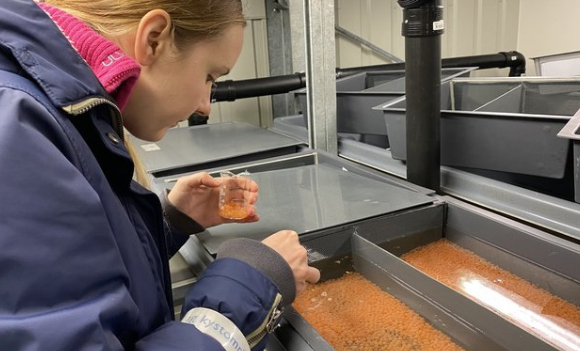
“Analysing smaller sets of markers could be cheaper than applying more complex genomic selection methods, and more effective than traditional selective breeding without the use of technology. The cost-effective method we tested presents an avenue for comprehensive, accelerated trait improvement in aquaculture, said Clemence Fraslin, Postdoctoral Research Fellow, Roslin Institute.
The research was carried out in collaboration with commercial partner Benchmark Genetics and funded by the European Union's Horizon 2020 research and innovation program.
Cre: Hatchery Feed Management
Indian shrimp pivot to the EU, increasing competitive pressure on Vietnam
Indoor shrimp farming in Europe: Investment challenges and the race to find a viable model
Shrimp production surged in the first month of the year, with exports benefiting from strong demand during the Lunar New Year holiday
Quang Ninh Accelerates Digital Transformation in Shrimp Farming, Rising to Lead Northern Vietnam
Lucky money is not just about cash — it’s Aqua Mina’s wish for a worry-free farming season for our valued customers
Việt Nam's top 10 seafood exporters command nearly one-fifth of industry revenue
Ca Mau Maintains Its Shrimp Brand in International Competition
VIETSHRIMP ASIA 2026 & AQUACULTURE VIETNAM 2026 – A TURNING POINT FOR THE MODERN SHRIMP FARMING INDUSTRY
Ecuador's shrimp industry educational program SustainED kicked off its 2026
An Giang will start raising brackish water shrimp as early as the beginning of 2026
Aqua Mina conducts the on-site installation of two aquaculture air blowers | Ceramic Ball Bearing – 15 kW – 25 kPa for a customer in Quang Ninh
Towards Building Brand Value for the Shrimp Industry









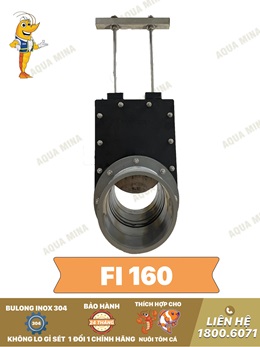


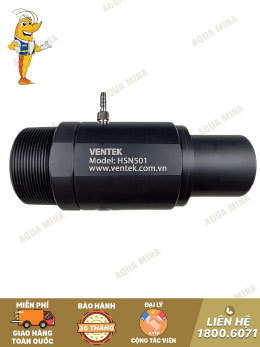
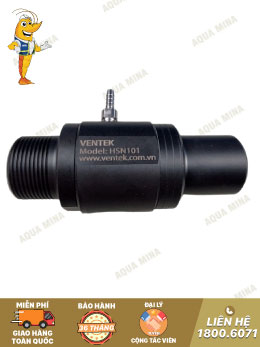
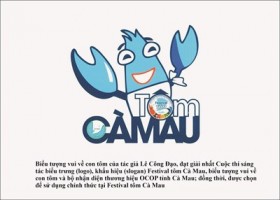
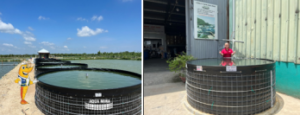
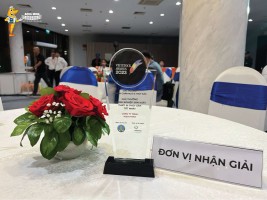
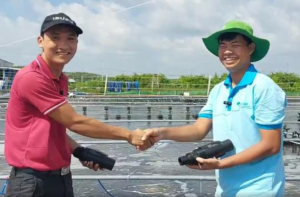
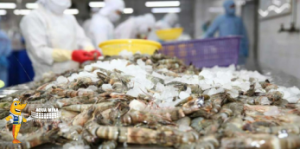
.jpg)